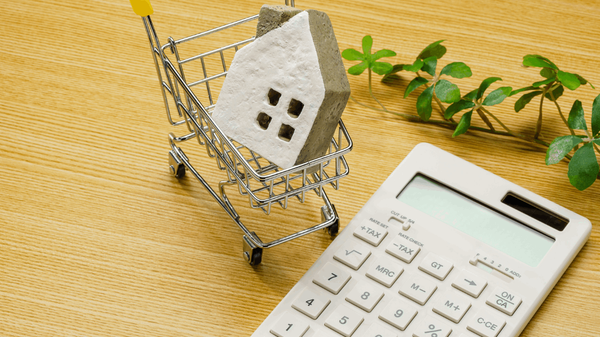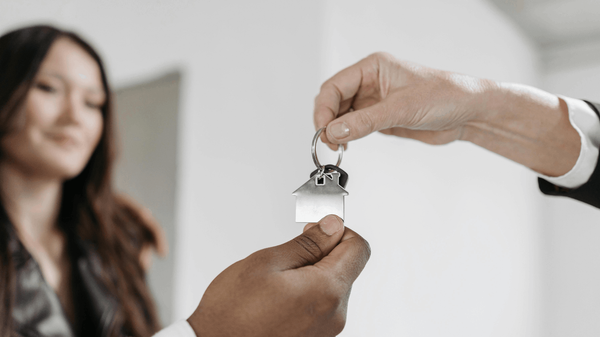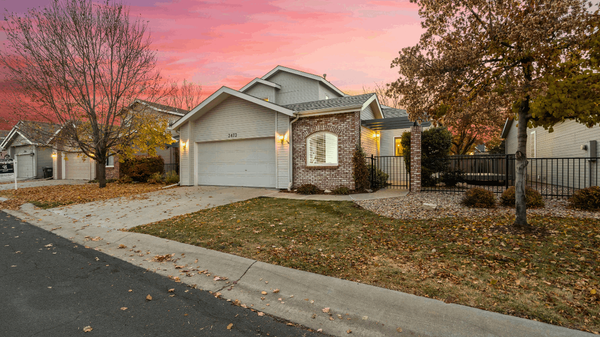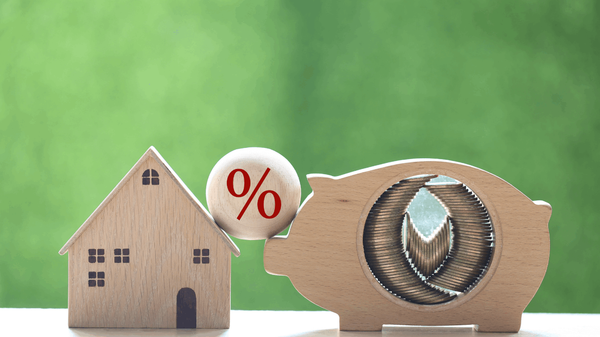What No One Tells You About Buying Your First Home (But Should)
Buying your first home is one of life’s biggest milestones—and let’s be honest, it can be as intimidating as it is exciting. If you're feeling nervous, overwhelmed, or just don’t know where to start, you’re in good company. Here’s the candid, real-world advice every first-time homebuyer needs before jumping in.
Step 1: Get Your Finances in Check

Credit Score = Buying Power
Your credit score plays a major role in determining your mortgage rate. A higher score can secure you a lower interest rate, saving you thousands over the years. Start by checking your credit, correcting errors, and paying down debt.
Build a Bigger Cushion Than You Think
Down payments aren’t the only cost. You’ll also need cash for appraisals, closing fees, moving expenses, and maybe emergency repairs. A solid safety net is 3–6 months of expenses on top of your down payment savings.
Pre-Approval Comes Before House Hunting
Before you fall in love with a listing, talk to a lender. Pre-approval helps you set a realistic budget, shows sellers you're serious, and prevents heartbreak over homes you can’t actually afford.
Step 2: Understand the Real Cost of Owning
The Mortgage Isn’t the Whole Story
There’s more to monthly costs than just your mortgage. Factor in insurance, taxes, maintenance, utilities, and any HOA fees. Those extras can make or break your monthly comfort zone.
Do the Math Honestly
Use mortgage calculators and include your other monthly bills—car payments, groceries, streaming services, etc. You’re not just buying a home—you’re keeping up with life.
Property Taxes and Insurance Can Surprise You
These costs vary by location and sometimes add thousands to your yearly expenses. Don’t skip this step—research taxes and insurance rates before making an offer.
Step 3: Choose the Right Location

Think About the Future
Don’t just focus on today. Choose a neighborhood that aligns with your long-term lifestyle goals—whether that’s starting a family, working from home, or having easy access to amenities.
Schools, Safety, and Commutes Matter
Great school districts help homes hold value—even if you don’t have kids. A painful commute can wear you down. Pay attention to safety, infrastructure, and neighborhood vibes.
Step 4: Stop Waiting for the “Perfect” Time
There’s No Such Thing as the Perfect Market
Trying to time the market perfectly is like waiting for all green lights on a road trip. The best time to buy is when you’re financially and emotionally prepared.
The Market Might Not “Crash”
Waiting for prices to drop can backfire. Even if home prices dip, rising interest rates could cancel out any savings. Buy based on affordability—not predictions.
Step 5: Find the Right Real Estate Agent

Don’t Settle for Just Any Agent
You need someone you trust, who communicates clearly, and has your best interest at heart. Interview a few, check reviews, and ask how they’ll advocate for you.
Local Knowledge is Everything
An experienced agent who knows your target neighborhood can spot red flags, identify hidden gems, and give you an edge during negotiations.
Step 6: Shop Smart and Stay Sane
Stay Cool—Don’t Fall in Love Too Fast
You may be tempted to jump at the first “cute” house—but take your time. Visit multiple homes, compare pros and cons, and keep your budget top of mind.
Inspections Are Non-Negotiable
Always get a home inspection—even with new builds. Issues like foundation problems or poor plumbing can cost thousands if missed.
Prioritize, Don’t Idealize
You probably won’t get everything on your wishlist. Know what’s non-negotiable (location, number of bedrooms) and what’s flexible (fancy backsplash, big yard).
Step 7: Making an Offer & Negotiating

Base Your Offer on Data, Not Emotion
Your agent will run a comparative market analysis (CMA) to guide your offer. Don't overpay just because you're emotionally attached.
Contingencies = Protection
Contingencies let you back out if financing falls through or an inspection reveals serious problems. Only waive them if you’re 100% sure—and understand the risks.
Step 8: Closing the Deal
The Appraisal Safeguard
Lenders want to confirm the home's value aligns with your offer. If the appraisal is low, you’ll either need to renegotiate or cover the difference out of pocket.
Don’t Skip the Final Walkthrough
Check everything one last time before signing. Make sure agreed-upon repairs are done and the house is in the condition you expect.
Understand Your Closing Costs
These typically run 2–5% of the purchase price and include lender fees, title insurance, taxes, and more. Review your closing disclosure carefully.
Step 9: What to Expect After You Move In

Plan for the Unexpected
Even in great shape, your new home will have surprises—like needing tools, curtains, a new lock, or minor repairs. Budget for those “day one” purchases.
Avoid Regret with This Mindset Shift
Celebrate the small wins: your first dinner in, your name on the mailbox, a freshly painted wall. Turn the space into something uniquely yours.
Final Words: You’re Ready for This
Buying your first home isn’t just about finding the right house—it’s about feeling confident in the journey. With the right strategy, tools, and people on your side, you can make smart choices and land a home you love. Be patient, stay informed, and know that you’ve got this.
FAQs
1. How much should I save before buying?
Ideally, 20% for a down payment (if you want to avoid PMI), 3–6 months of expenses for emergencies, and another 2–5% for closing and move-in costs.
2. Is renting still smarter right now?
It depends on your situation. If you're stable and plan to stay for several years, buying may build more long-term value.
3. Can I buy with less-than-perfect credit?
Yes! FHA and other loan options are designed for buyers with fair credit. But improving your score can open better rates.
4. Should I skip the inspection to win a bidding war?
It’s risky. Try shortening your inspection period instead of waiving it completely.
5. What’s the biggest rookie mistake?
Letting emotions override your budget. Stick to your financial plan and don’t ignore the fine print.
Categories
Recent Posts











7997 W. Sahara Ave. Suite 101, Vegas, NV, 89117, United States
